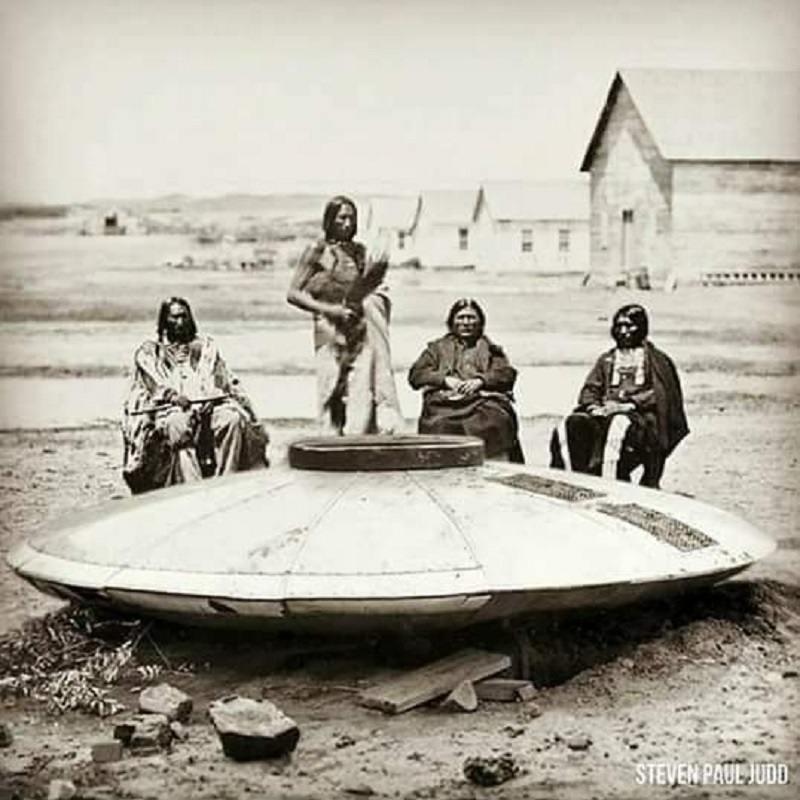In a groundbreaking development that has seized global attention, NASA has recently affirmed the existence of extraterrestrial civilizations and validated compelling evidence suggesting their visits to Earth. This momentous disclosure represents a pivotal shift in the discourse surrounding extraterrestrial life, fundamentally altering our comprehension of the cosmos.

NASA’s acknowledgment marks a paradigmatic departure in the agency’s stance on extraterrestrial life. Emerging from years of secrecy, the acknowledgment of intelligent civilizations beyond Earth signals a departure from conventional narratives, ushering in a new era of transparency and exploration.

Accompanying NASA’s acknowledgment are revelations of compelling evidence supporting the existence of extraterrestrial civilizations. This evidence, meticulously scrutinized by experts and researchers, encompasses a spectrum of phenomena, from unidentified aerial phenomena (UAP) captured on radar to eyewitness accounts of encounters defying conventional explanations. The accumulation of credible data has compelled NASA to confront and validate the reality of these occurrences.

The acknowledgment of extraterrestrial civilizations visiting Earth unravels decades of secrecy surrounding UFO sightings and unexplained phenomena. The skepticism and doubt that enshrouded such reports are gradually dissipating as NASA acknowledges the wealth of information discreetly studied and analyzed over the years.

Advancements in technology, including sophisticated telescopes, satellites, and radar systems, have played a pivotal role in capturing unexplained phenomena. NASA’s ability to observe and analyze these occurrences with unprecedented precision has fostered a more nuanced understanding of the nature of extraterrestrial visitations.
NASA’s acknowledgment is not isolated; it signals a broader international collaboration in the study of extraterrestrial phenomena. Countries around the world are now openly sharing data, collaborating on research initiatives, and collectively working towards unraveling the mysteries surrounding the existence of intelligent civilizations beyond our planet.
The acknowledgment of extraterrestrial civilizations by NASA carries profound implications for the future of space exploration. The newfound transparency may pave the way for collaborative missions, joint studies, and an expanded focus on discovering life beyond our solar system. The quest for understanding our place in the cosmos takes on a renewed sense of purpose.
As news of NASA’s acknowledgment permeates global media, public awareness of extraterrestrial life undergoes a transformative shift. Conversations around the dinner table, on social media platforms, and within scientific forums are abuzz with discussions about the implications of this revelation and its broader impact on our understanding of the universe.
The acknowledgment of extraterrestrial civilizations prompts ethical considerations about how humanity should approach potential contact with intelligent beings from other worlds. As discussions unfold, there is an urgent need to address questions of preparedness, global cooperation, and the ethical framework guiding our interactions with extraterrestrial life.
NASA’s acknowledgment of extraterrestrial civilizations and the evidence supporting their visits to Earth mark an unparalleled moment in human history. As we navigate this new frontier of understanding, the revelation propels us into an era where the cosmos becomes a shared exploration, and the search for extraterrestrial life becomes a collective journey with the potential to reshape our worldview and redefine our place in the universe.





